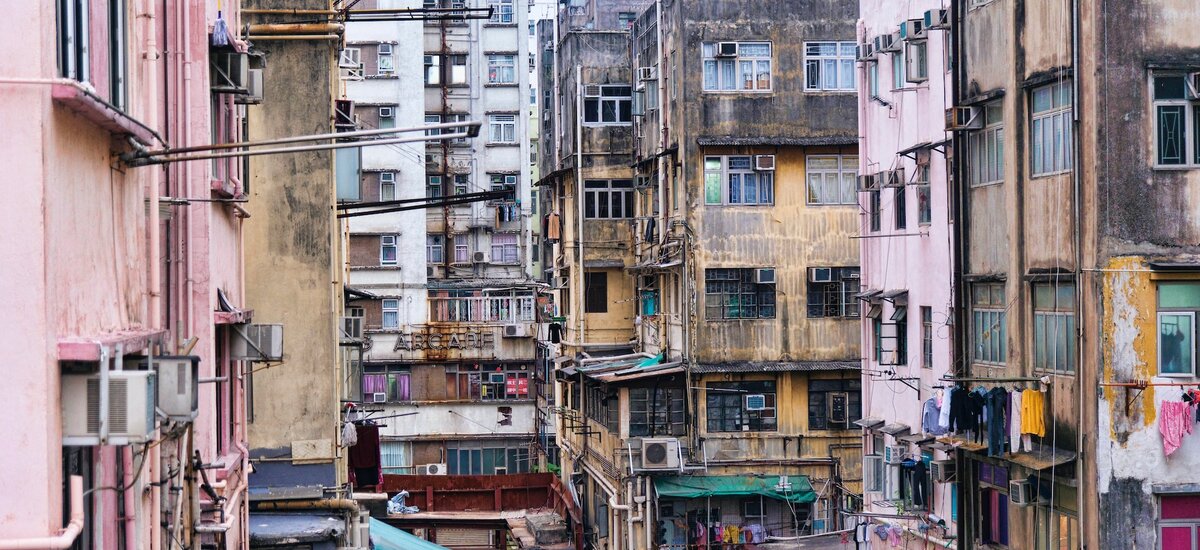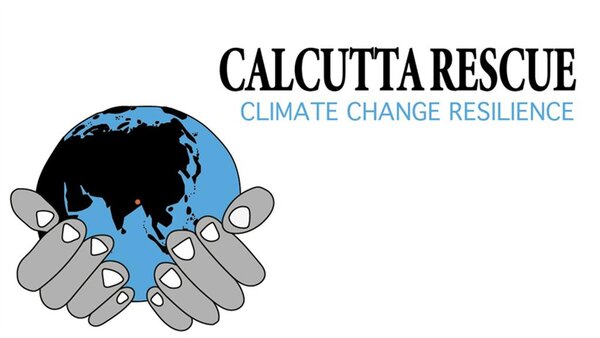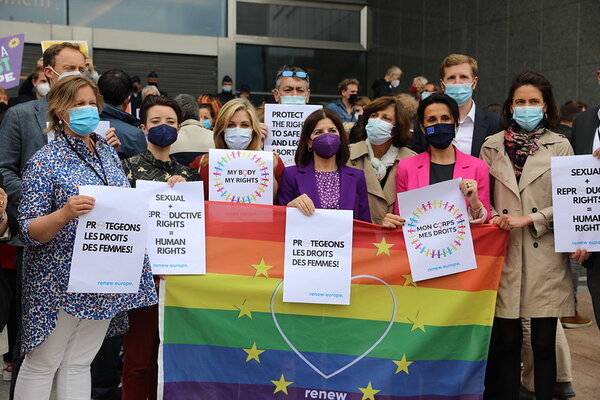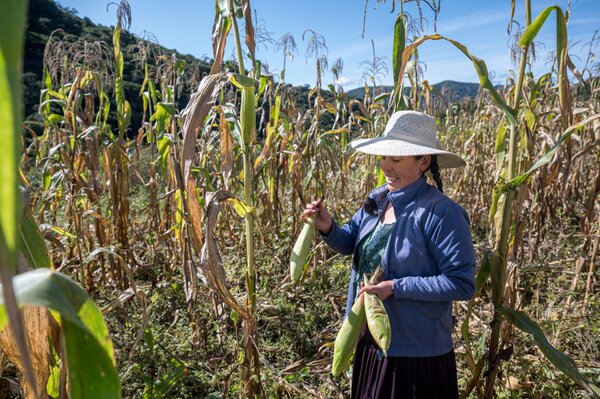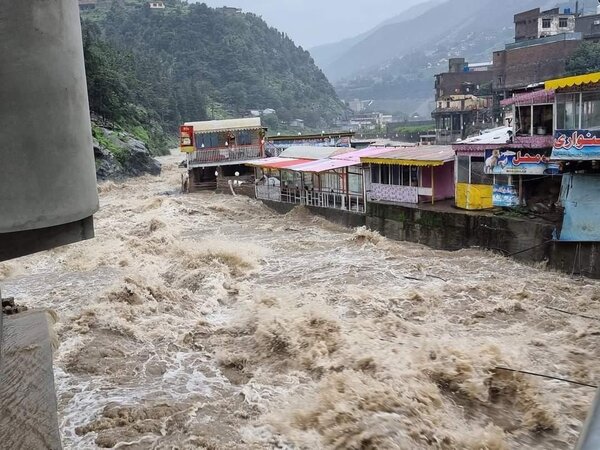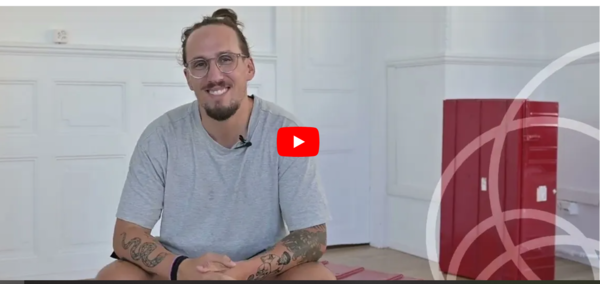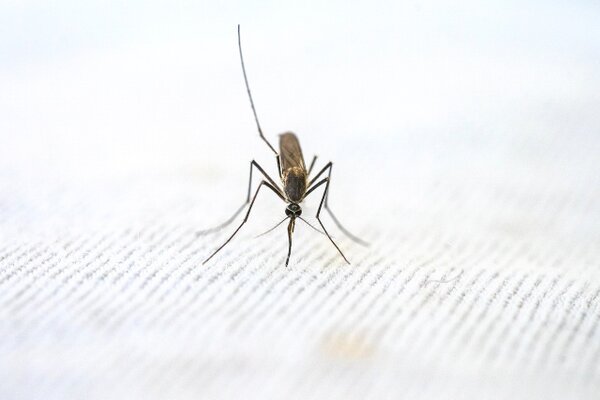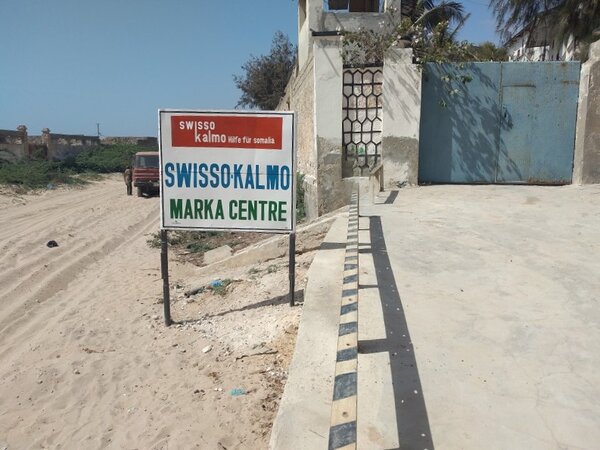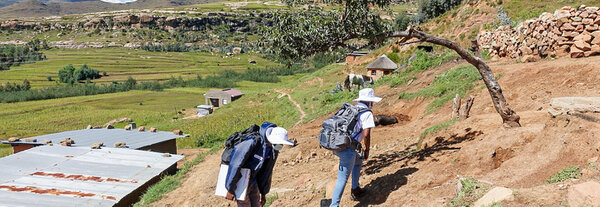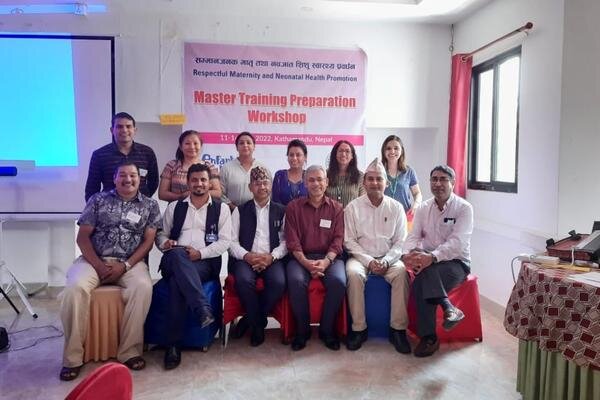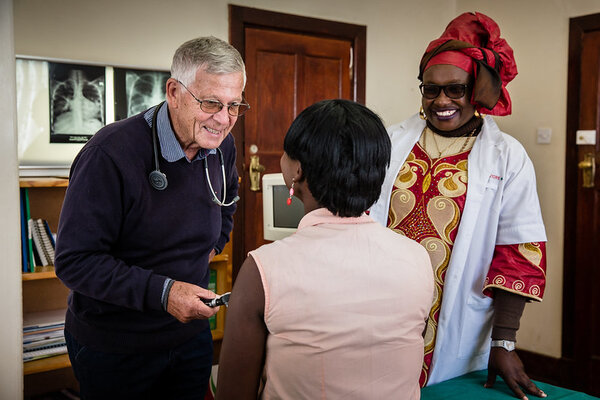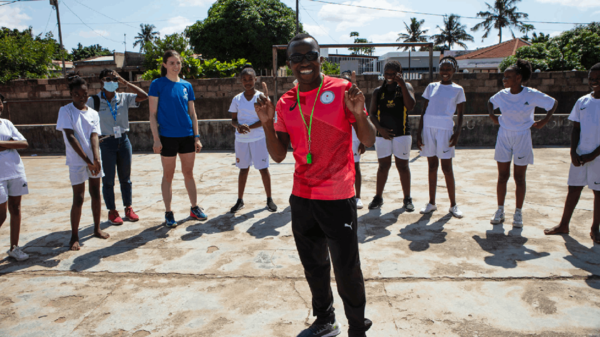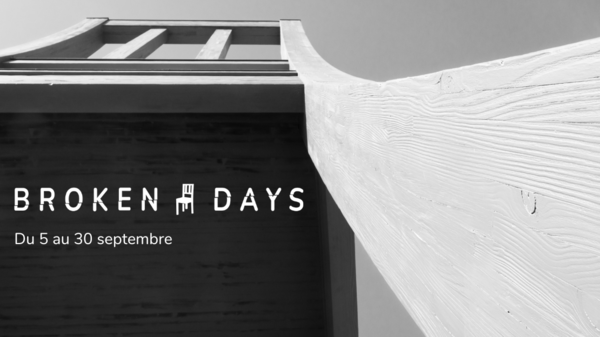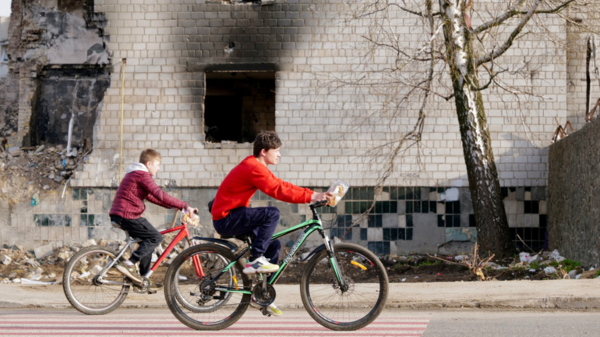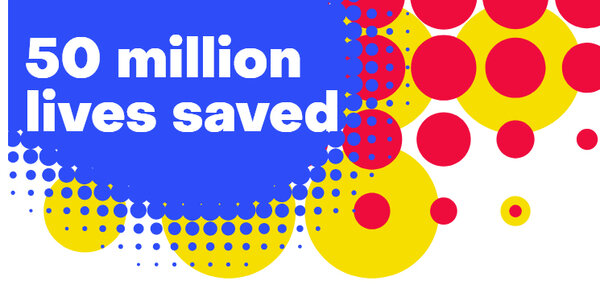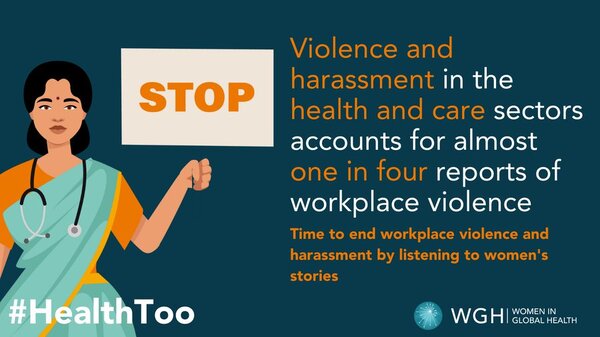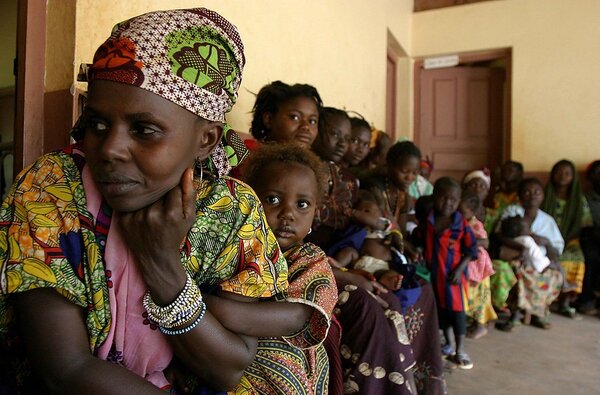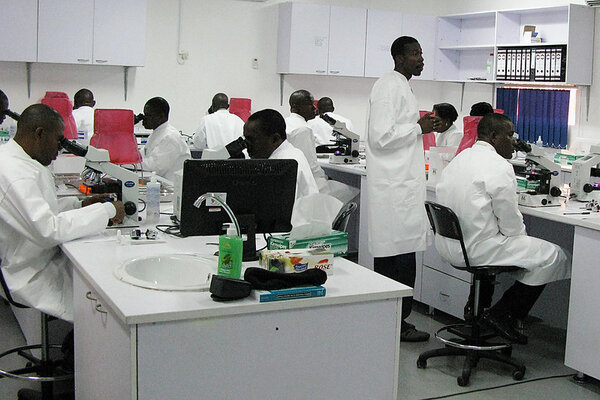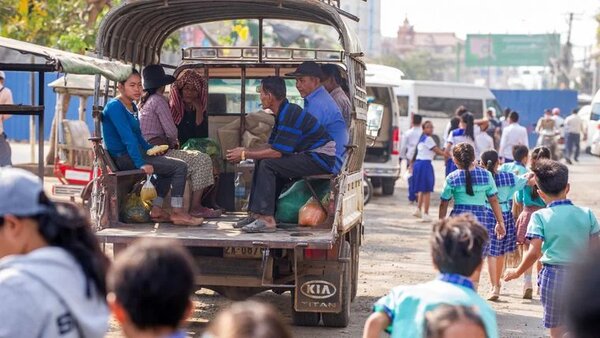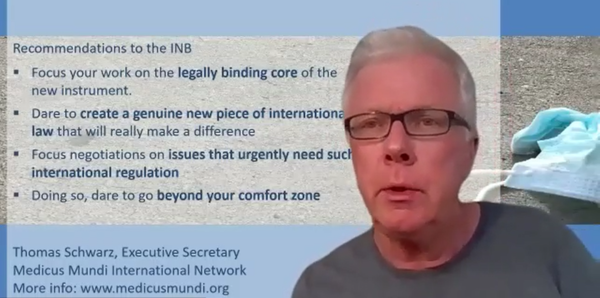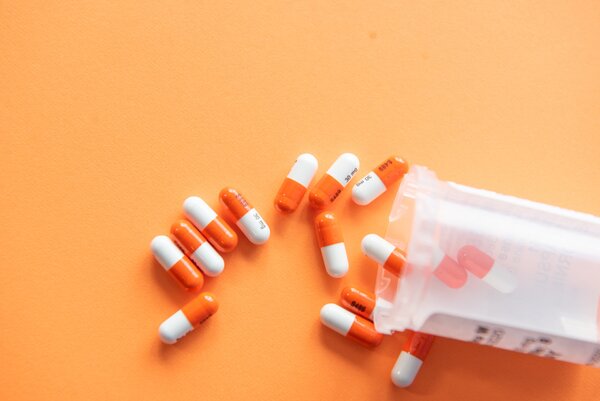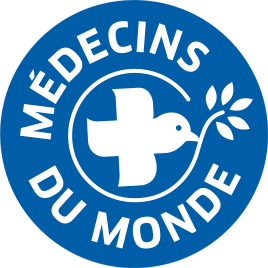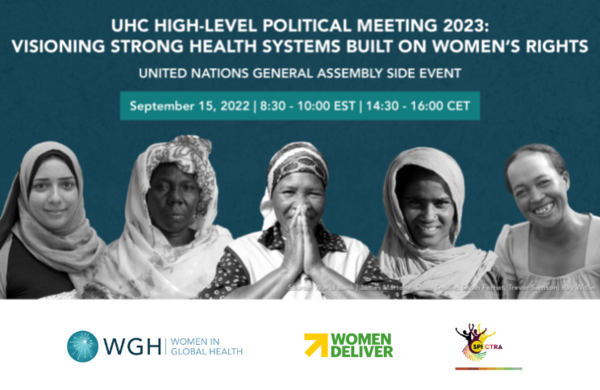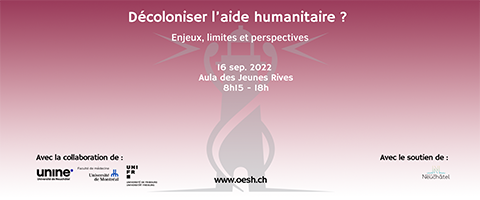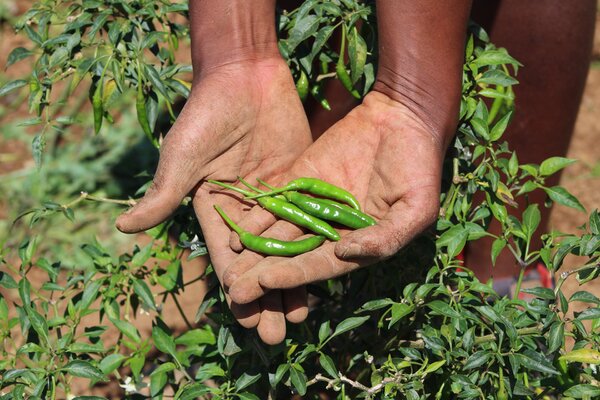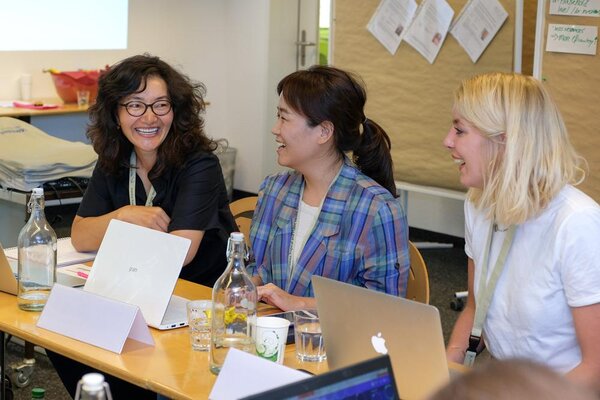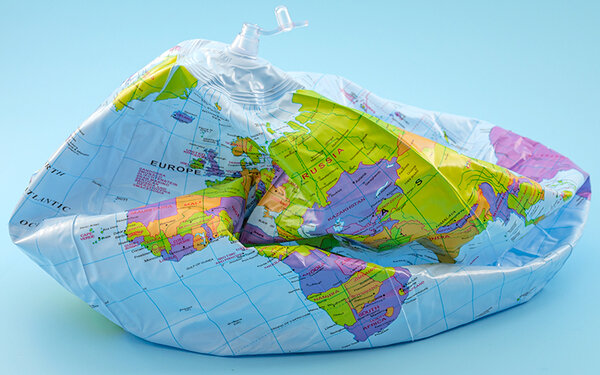Une fois par année, les représentant.e.s des organisations membres du Réseau Medicus Mundi Suisse se réunissent dans le cadre d'un atelier spécifique (« Open Bard Meeting ») afin de se pencher sur les tendances de la coopération internationale en matière de santé et de la santé globale. Les résultats de cet atelier conduisent à l'élaboration du programme annuel de l'année suivante.
Les facteurs individuels sont supplantés
Sur la base d'un questionnaire préalable, les participant.e.s ont travaillé sur les thèmes suivants : santé sexuelle et reproductive et les droits y relatifs, santé mentale, pratique de la coopération internationale en matière de santé, recherche sur la mise en œuvre, décolonisation et déterminants de la santé. Ce dernier point constitue le lien entre les différents thèmes, mais aussi entre les différentes années d'engagement du Réseau.
Les déterminants de la santé - c'est-à-dire essentiellement les facteurs sociaux, économiques et environnementaux - déterminent de manière centrale si une personne peut naître, grandir, mener une vie de famille, travailler et vieillir dans un environnement dans lequel le droit à la santé peut être accompli. La pollution de l'environnement, l'accès aux ressources, la violence dans l'environnement personnel et social, les conditions de travail ou les discriminations: ces déterminants finissent toujours par l'emporter sur le mode de vie individuel comme facteur déterminant de la santé.
Pour la première fois depuis des années, la situation mondiale se dégrade
Alors que ces dernières années, l'ONU pouvait continuellement faire état de progrès au niveau des indicateurs clés dans son rapport sur le développement dans le monde, elle a désormais constaté un recul dans son édition 2022. La pandémie et la dette, la guerre et la détérioration du climat laissent des traces, estime le secrétaire général de l'ONU. Nous devons donc nous attendre à ce que les déterminants de la santé se détériorent également.
Lors du Symposium MMS du 2 novembre 2022, nous nous pencherons sur la nature de la crise actuelle - les déterminants de la santé constitueront certainement une ligne directrice dans les débats.
Martin Leschhorn Strebel
Réseau Medicus Mundi Suisse
E-Mail

